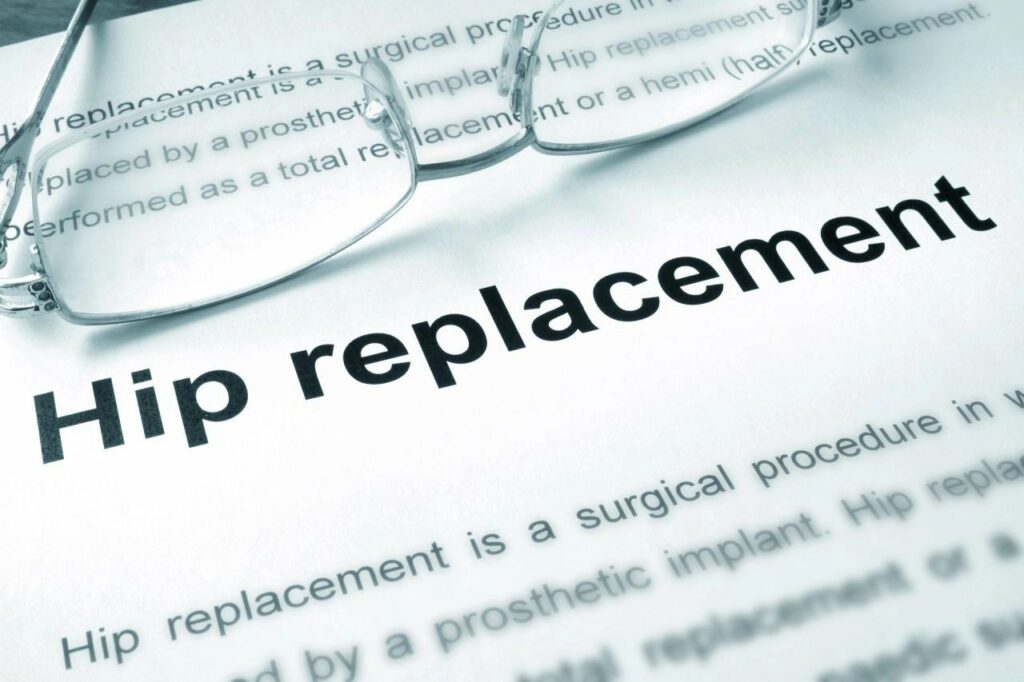Understanding surgical negligence
Surgical negligence happens when you suffer harm due to a mistake made during your treatment, leaving you with further problems or injuries that you would not otherwise have had.
Some examples of surgical negligence could include:
- failure to properly assess your suitability for surgery
- failure to properly consent for surgery
- failing to perform needed medical tests before the surgery or misinterpreting the results
- avoidable injury to internal organs due to surgical error
- performing a different procedure to the one you gave consent for
- failure to remove surgical instruments or swabs before sewing up a wound
- a longer period of recovery due to avoidable complications and unexpected consequences
- psychological trauma following awareness and pain due to insufficient anaesthesia
- avoidable infection
- incorrect surgery, such as amputation of the wrong limb
- failure to provide proper aftercare or instructions following surgery















